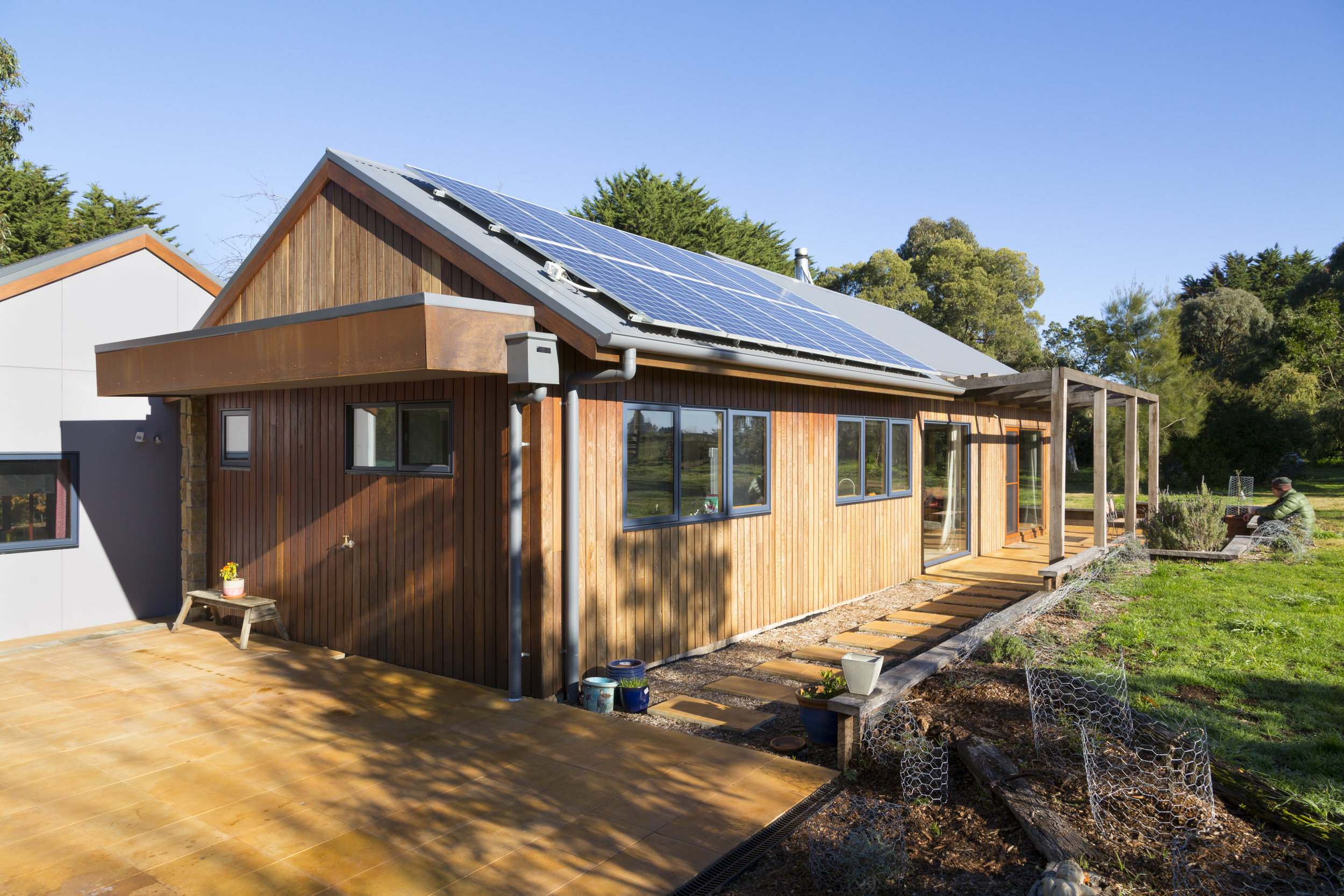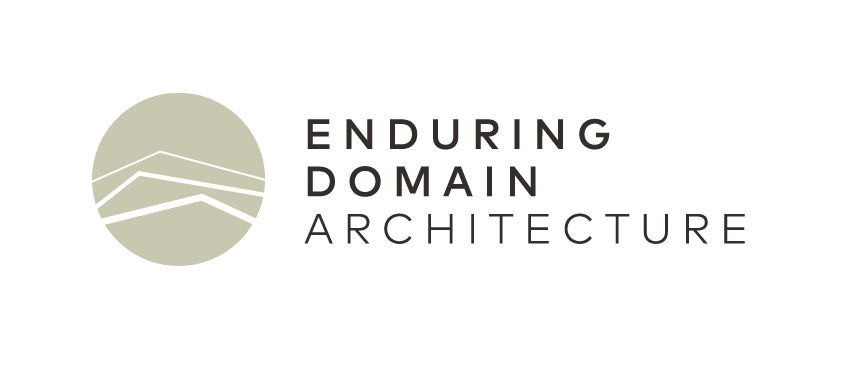
18 Jun What happened to the climate election?
It was supposed to be Australia’s climate election with polls suggesting stronger demand for action on climate change in 2019 than in any previous survey since 2006. Yet the re-election of the Coalition government suggests that a majority of voters feared climate policy more than climate change itself. The prospect of a Labour Government ready to implement strategies to meet our carbon reduction targets somehow instilled fear that this would result in immediate detriment to our personal wealth and prosperity, as though this were more important than the collective long term prosperity of our natural environment and ultimate quality of life for all demographics.
Despite the constant warnings and scientific advice from the likes of the Climate Council that Australia is fast approaching an irrecoverable tipping point of catastrophic global warming, political parties continue to not only delay on action, but also deliver misleading information on renewable energy and favour the mining industry as a short-term solution to unemployment and economic growth.
What then will it take for the policy makers to treat this issue with the serious urgency that is obviously required? Well there are plenty of community advocacy groups and local councils who are not waiting and are determined to lead by implementation of best-practice solutions to the energy and environment issue.
One shining example is right here in our own Hepburn Shire with the council’s launch of the Z-Net Community Transition Plan, an ambitious blueprint for meeting the demands of energy through renewable sources by 2024, and to be producing zero-net emissions by 2029.
We can’t wait to be told what to do, we can’t blindly accept our Prime Ministers assurance that we will meet our Paris Agreement emission targets ‘in a canter’, and if you don’t think that the actions of an individual will make a difference, it does. When you next shop for a car will it be a V8 or a hybrid? When you build a new home will it have double glazing and energy efficient appliances? Will you spend your tax return on solar panels or on an 85” flat screen TV? A shift in climate conscious consumer choice will soon drive the birth and growth of new sustainable industries to mitigate climate change and see us prosper into a low emission future.




No Comments